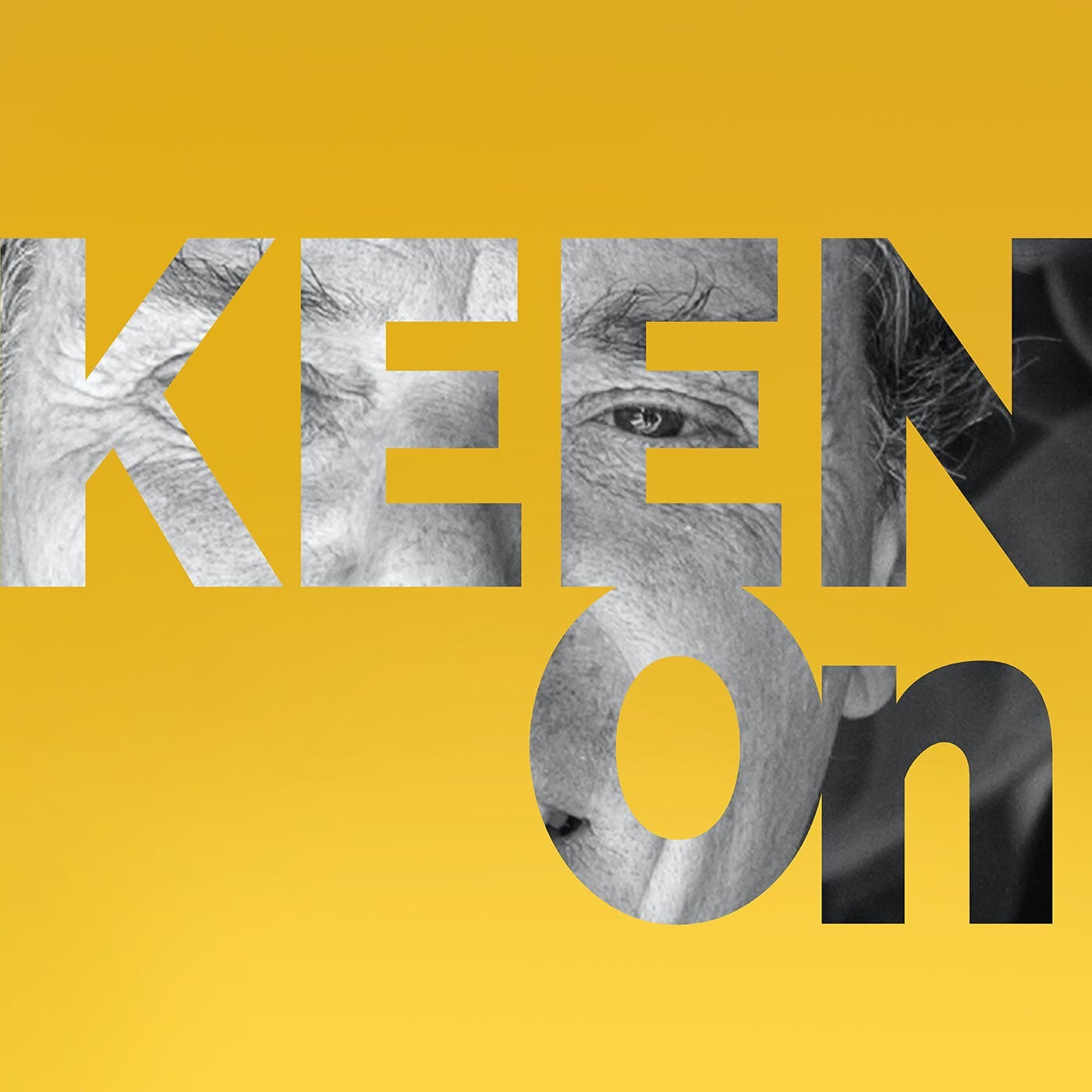
What is the most American town in the USA? Las Vegas comes to mind, of course. And Memphis, with its uniquely American church of Graceland. Or one of Springsteen’s forgotten beach towns in New Jersey. Imagine rolling Vegas and Memphis and one of those sad NJ boardwalk places into a small Missouri town that you’ve never heard of. That’s Branson, Missouri, the 12,,638 person self-styled “city” in the Ozarks that is the annual host to millions of mostly white American visitors. a guide to Branson? For a cultural guide to Branson, Rafil Kroll-Zaidi has a 13,000 word essay in this month’s Harper’s entitled “The Branson Pilgrimage”. And as the Princeton educated, Brooklyn based Kroll-Zaidi confesses, it’s a piece about his own surreal experience of trying to gage the soul of the American nation by visiting Branson multiple times of the last ten years. And like his Tocquevillian essay, my conversation with Kroll-Zaidi tries to make sense not just of this weird “beach town” without a waterfront, but of the contemporary United States of America as well.
Rafil Kroll-Zaidi is a writer currently focusing on a nonfiction project about a federal prisoner. He was formerly on the editorial staff of Harper's Magazine, for which he continues to write the monthly "Findings" column.
Named as one of the "100 most connected men" by GQ magazine, Andrew Keen is amongst the world's best known broadcasters and commentators. In addition to presenting KEEN ON, he is the host of the long-running How To Fix Democracy show. He is also the author of four prescient books about digital technology: CULT OF THE AMATEUR, DIGITAL VERTIGO, THE INTERNET IS NOT THE ANSWER and HOW TO FIX THE FUTURE. Andrew lives in San Francisco, is married to Cassandra Knight, Google's VP of Litigation & Discovery, and has two grown children.
Keen On is a reader-supported publication. To receive new posts and support my work, consider becoming a free or paid subscriber.
This is a public episode. If you’d like to discuss this with other subscribers or get access to bonus episodes, visit keenon.substack.com/subscribe
More Episodes
Ten Ways of Winning Differently in the AI Age: Kate Bravery's truths about work, skills and education in the smart machine epoch
 2023-11-25
2023-11-25
Digital Lennonism: Marga Hoek imagines how tech can solve some of the world's greatest challenges
 2023-11-25
2023-11-25
The Last Ships from Hamburg: Steven Ujifusa on the race to save Russia's Jews on the eve of World War I
 2023-11-24
2023-11-24
OpenAI , Sam Altman and the new war over capitalism in Silicon Valley: Keith Teare on the moral fight over technological progress triggered by the OpenAI brouhaha
 2023-11-24
2023-11-24
Eight brilliant books to give this Xmas: Bethanne Patrick's list of literary gifts that will delight even the most discerning reader
 2023-11-24
2023-11-24
The Shame of America's Six Million Homeless People: Kevin F. Adler on the forgotten humanity and broken systems causing today's American homelessness crisis
 2023-11-24
2023-11-24
Why only humans can imagine the future: Margaret Heffernan on art, creative uncertainty and the insatiability of AI moguls like Sam Altman
 2023-11-23
2023-11-23
How to protect our all-too-human superpower of creative thinking: Viktor Mayer-Schonberger on the guardrails needed to regulate big data companies like OpenAI
 2023-11-23
2023-11-23
A Uniquely Glittering Literary Club: Christopher De Hamel on the remarkable people behind a thousand years of medieval manuscripts
 2023-11-23
2023-11-23
So what, exactly, is "equality"? Darrin McMahon on the history, from antiquity to today, of this most elusive idea
 2023-11-13
2023-11-13
Why women might make better spies than men: Anna Pitoniak on the art of espionage and the tradecraft of the spy novelist
 2023-11-13
2023-11-13
How the October 7 tragedy might turn out to be a game changer in a good way: Israeli writer Assaf Gavron on why we must "try again" to make peace in the Middle East
 2023-11-12
2023-11-12
Six all-too-human books about AI: Bethane Patrick on the mavens, mavericks and mythology writing our smart machine future
 2023-11-11
2023-11-11
This was the week that the world dramatically changed: Keith Teare celebrates the beginning of the end of the pre AI age
 2023-11-10
2023-11-10
A classic novel that not only shaped America but also captured the authentic voice of the African-American South: Peter Slen on Zora Neale Hurston's "Their Eyes Were Watching God", an anthropological fiction set in a particularly rough period in American
 2023-11-10
2023-11-10
Why genuine neutrality was mostly a myth in the Second World War: Neill Lochery on the flight of Nazi treasure through "neutral" countries after the war
 2023-11-10
2023-11-10
How to write poetry on a smartphone: Best-selling poet and TikTok sensation Whitney Hanson on the anxiety of her generation and why social media makes physical events more "real"
 2023-11-09
2023-11-09
The dark truth of Mexico as a mostly truant state terrorized by subsistence gangsters and haunted by hollow people: Azam Ahmed on the story of a missing daughter, a violent Cartel and a mother's quest for vengeance
 2023-11-08
2023-11-08
Do great leaders make history or does history make great leaders? Moshik Temkin on the art of leadership from FDR, Malcolm X and MLK to Trump and Biden
 2023-11-08
2023-11-08
How to accurately reconstruct the entire 13.9 billion year history of the universe: David Helfand on the power of atomic science to unveil the mysteries of unreachably remote time and space
 2023-11-08
2023-11-08
Create your
podcast in
minutes
- Full-featured podcast site
- Unlimited storage and bandwidth
- Comprehensive podcast stats
- Distribute to Apple Podcasts, Spotify, and more
- Make money with your podcast
It is Free
You may also like

The Business Of

The Everyday Millionaire

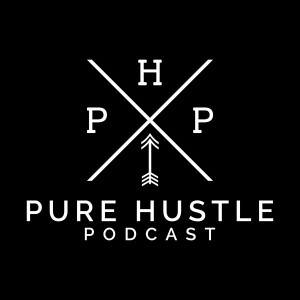
Pure Hustle Podcast

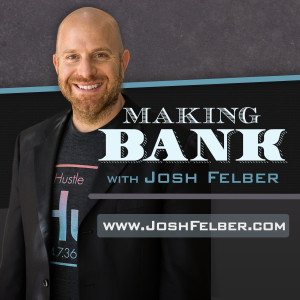
Making Bank


The Ramsey Show

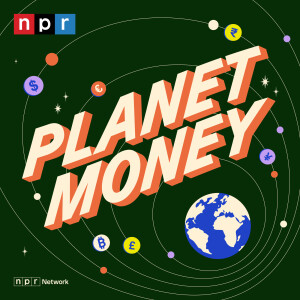
Planet Money


- Privacy Policy
- Cookie Policy
- Terms of Use
- Consent Preferences
- Copyright © 2015-2024 Podbean.com

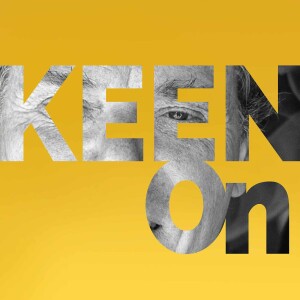

 iOS
iOS Android
Android